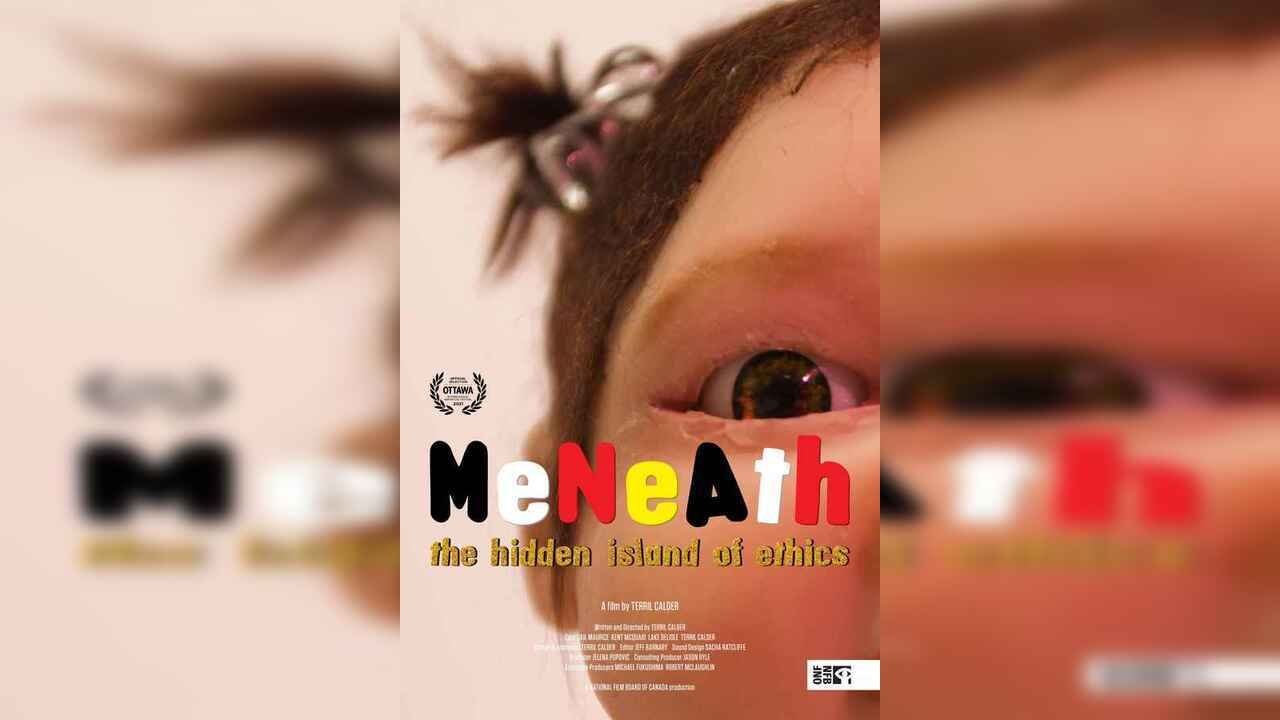Third of UK marketers have ‘dramatically’ changed AI approach since AI Act
More than a third (37%) of UK marketers say they have ‘dramatically’ changed their approach to AI, since the introduction of the European Union’s AI Act a year ago, according to research by SAP Emarsys.
Additionally, nearly half (44%) of UK marketers say their approach to AI is more ethical than it was this time last year, while 46% report a better understanding of AI ethics, and 48% claim full compliance with the AI Act, which is designed to ensure safe and transparent AI.
The act sets out a phased approach to regulating the technology, classifying models into risk categories and setting up legal, technological, and governance frameworks which will come into place over the next two years.
However, some marketers are sceptical about the legislation, with 28% raising concerns that the AI Act will lead to the end of innovation in marketing.
Source: SAP Emarsys
Shoppers more likely to trust user reviews than influencers
 Nearly two-thirds (65%) of UK consumers say they have made a purchase based on online reviews or comments from fellow shoppers, as opposed to 58% who say they have made a purchase thanks to a social media endorsement.
Nearly two-thirds (65%) of UK consumers say they have made a purchase based on online reviews or comments from fellow shoppers, as opposed to 58% who say they have made a purchase thanks to a social media endorsement.
Sports and leisure equipment (63%), decorative homewares (58%), luxury goods (56%), and cultural events (55%) are identified as product categories where consumers are most likely to find peer-to-peer information valuable.
Accurate product information was found to be a key factor in whether a review was positive or negative. Two-thirds (66%) of UK shoppers say that discrepancies between the product they receive and its description are a key reason for leaving negative reviews, whereas 40% of respondents say they have returned an item in the past year because the product details were inaccurate or misleading.
According to research by Akeeno, purchases driven by influencer activity have also declined since 2023, with 50% reporting having made a purchase based on influencer content in 2025 compared to 54% two years ago.
Source: Akeeno
77% of B2B marketing leaders say buyers still rely on their networks
 When vetting what brands to work with, 77% of B2B marketing leaders say potential buyers still look at the company’s wider network as well as its own channels.
When vetting what brands to work with, 77% of B2B marketing leaders say potential buyers still look at the company’s wider network as well as its own channels.
Given the amount of content professionals are faced with, they are more likely to rely on other professionals they already know and trust, according to research from LinkedIn.
More than two-fifths (43%) of B2B marketers globally say their network is still their primary source for advice at work, ahead of family and friends, search engines, and AI tools.
Additionally, younger professionals surveyed say they are still somewhat sceptical of AI, with three-quarters (75%) of 18- to 24-year-olds saying that even as AI becomes more advanced, there’s still no substitute for the intuition and insights they get from trusted colleagues.
Since professionals are more likely to trust content and advice from peers, marketers are now investing more in creators, employees, and subject matter experts to build trust. As a result, 80% of marketers say trusted creators are now essential to earning credibility with younger buyers.
Source: LinkedIn
Business confidence up 11 points but leaders remain concerned about economy
 Business leader confidence has increased slightly from last month, having risen from -72 in July to -61 in August.
Business leader confidence has increased slightly from last month, having risen from -72 in July to -61 in August.
The IoD Directors’ Economic Confidence Index, which measures business leader optimism in prospects for the UK economy, is now back to where it was immediately after last year’s Budget.
This improvement comes from several factors, including the rise in investment intentions (up from -27 in July to -8 in August), the rise in headcount expectations from -23 to -4 over the same period, and the increase in revenue expectations from -8 to 12.
Additionally, business leaders’ confidence in their own organisations is also up, standing at 1 in August compared to -9 in July.
Several factors were identified as being of concern for business leaders; these include UK economic conditions at 76%, up from 67% in May, and both employment taxes (remaining at 59%) and business taxes (up to 47%, from 45%) continuing to be of significant concern.
Source: The Institute of Directors
Total volume of alcohol sold in retail down 2.3%
 The total volume of alcohol sold in retail has fallen by 2.3% in the first half of 2025 compared to the previous year, equivalent to 90 million fewer litres. Value sales are also down by 1.1% compared to the same period in 2024.
The total volume of alcohol sold in retail has fallen by 2.3% in the first half of 2025 compared to the previous year, equivalent to 90 million fewer litres. Value sales are also down by 1.1% compared to the same period in 2024.
At the same time, retail sales of non-alcoholic drinks have increased by 5.5% compared to last year, while volume sales are up by 2.3%, equivalent to a further 1.5 billion litres.
As the demand for non-alcoholic beverages grows, people increasingly expect these options to be available in their local bars and restaurants, with 55% of Brits and Europeans now expecting bars to always serve non-alcoholic beer.
As well as this, there are shifts happening within the alcoholic beverages category with value sales of no and low-alcohol spirits rising by 16.1%, and sales of ready-to-drink spirits growing by 11.6% compared to last year.
Source: Circana


























 Nearly two-thirds (65%) of UK consumers say they have made a purchase based on online reviews or comments from fellow shoppers, as opposed to 58% who say they have made a purchase thanks to a social media endorsement.
Nearly two-thirds (65%) of UK consumers say they have made a purchase based on online reviews or comments from fellow shoppers, as opposed to 58% who say they have made a purchase thanks to a social media endorsement. When vetting what brands to work with, 77% of B2B marketing leaders say potential buyers still look at the company’s wider network as well as its own channels.
When vetting what brands to work with, 77% of B2B marketing leaders say potential buyers still look at the company’s wider network as well as its own channels. Business leader confidence has increased slightly from last month, having risen from -72 in July to -61 in August.
Business leader confidence has increased slightly from last month, having risen from -72 in July to -61 in August. The total volume of alcohol sold in retail has fallen by 2.3% in the first half of 2025 compared to the previous year, equivalent to 90 million fewer litres. Value sales are also down by 1.1% compared to the same period in 2024.
The total volume of alcohol sold in retail has fallen by 2.3% in the first half of 2025 compared to the previous year, equivalent to 90 million fewer litres. Value sales are also down by 1.1% compared to the same period in 2024.
















